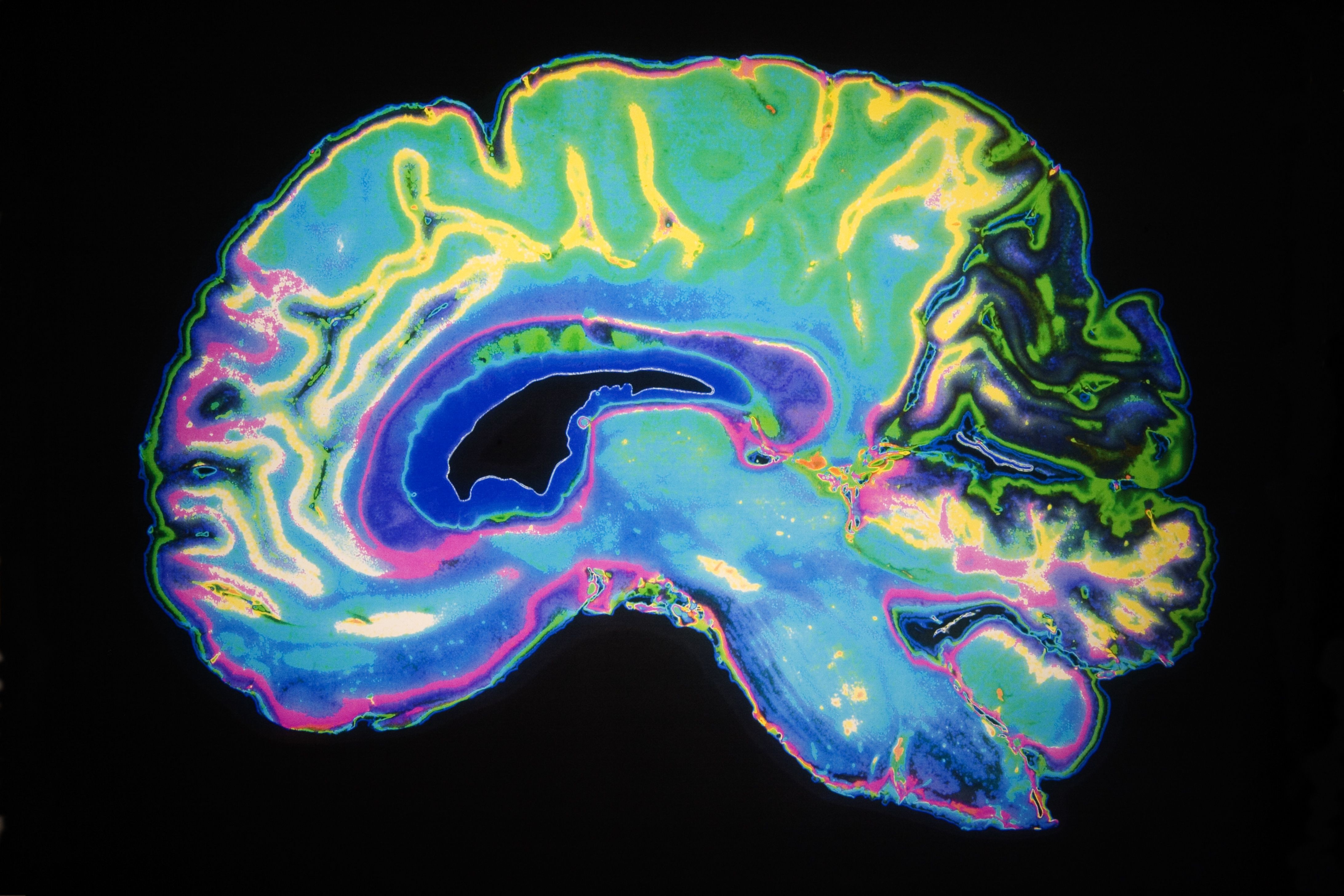According to the Brain Injury Association of Pennsylvania, 1.4 million individuals in the United States are diagnosed with a traumatic brain injury (TBI) each year. Unfortunately, these injuries are often misdiagnosed or under-diagnosed, since symptoms aren’t always apparent right away. March marks Brain Injury Awareness Month, so whether you work directly with patients who sustain a brain injury or know of other doctors who do, it’s important to stay informed about brain injury, what causes it, and ways to prevent it and raise awareness.
Celebrate Brain Injury Awareness Month

What is a Brain Injury, and what Causes it?
The BIAPA defines traumatic brain injury (TBI) as a blow or jolt to the head or a penetrating head injury that disrupts the function of the brain. These injuries can range from mild to severe, but any brain injury can result in short or long-term problems with independent functioning. Falls account for the highest number of traumatic brain injuries (28%), but other main causes of TBI are motor vehicle accidents (20%) and individuals being struck by/against an object (19%). No matter the cause or severity, brain injury should be treated as soon as possible. Make sure to look out for the following signs and symptoms that could occur after a blow or jolt to the head.
Signs and Symptoms
It’s normal to feel some pain after suffering a hit to the head, but sometimes other symptoms may arise that indicate a more severe brain injury. The signs of a traumatic brain injury are often subtle at first and aren’t always visually noticeable. Sometimes, it takes a few days or even weeks for the symptoms to appear. As a result, some people dismiss the possibility of brain injury since there is rarely a visible indication of a problem. However, the following signs and symptoms can indicate a TBI:
- Persistent headaches, or neck pain that does not go away
- Poor memory and/or concentration
- Lack of energy and constant fatigue
- Slowness in thinking, speaking or reading
- Light-headedness or dizziness
- Nausea
- Mood changes
- Blurred vision
- Ringing in the ears
Not everyone with a traumatic brain injury experiences the same symptoms. However, if an individual suffers from one or more of these symptoms, it’s important to take action right away.
Prevention and Brain Injury Awareness
Unlike broken bones and wounds, brain injuries do not heal on their own since the brain cannot repair itself. With that in mind, since there is no cure for TBI, it’s essential to take the necessary steps to prevent an injury from happening. Tips for the prevention of traumatic brain injury are often common sense. Nonetheless, they are important and sometimes even a matter of life and death. Depending on one’s age, brain injury prevention strategies can differ, but the following are a few crucial tips for preventing TBI that apply to all:
- Always wear a seatbelt in a motor vehicle
- Never drive under the influence of drugs or alcohol
- Always wear a helmet when on a bicycle, motorcycle, and other open, unrestrained vehicles
- Wear a helmet when participating in contact sports
- Use the handrails on stairs
Physicians and healthcare providers play a crucial role in the prevention of brain injury in patients of all ages. Whether it’s educating patients on prevention strategies or referring a patient to an appropriate specialist, it’s the doctor’s job to ensure that each patient receives the proper care. Aside from neurologists, there are many other physician specialties that work with patients suffering from brain injury. Otolaryngologists and occupational medicine physicians also work closely with patients who have TBI. Regardless of your specialty, brain injury awareness is important throughout the entire healthcare field.
If you have any tips for preventing brain injury that we didn’t mention, let us know in the comments below!
